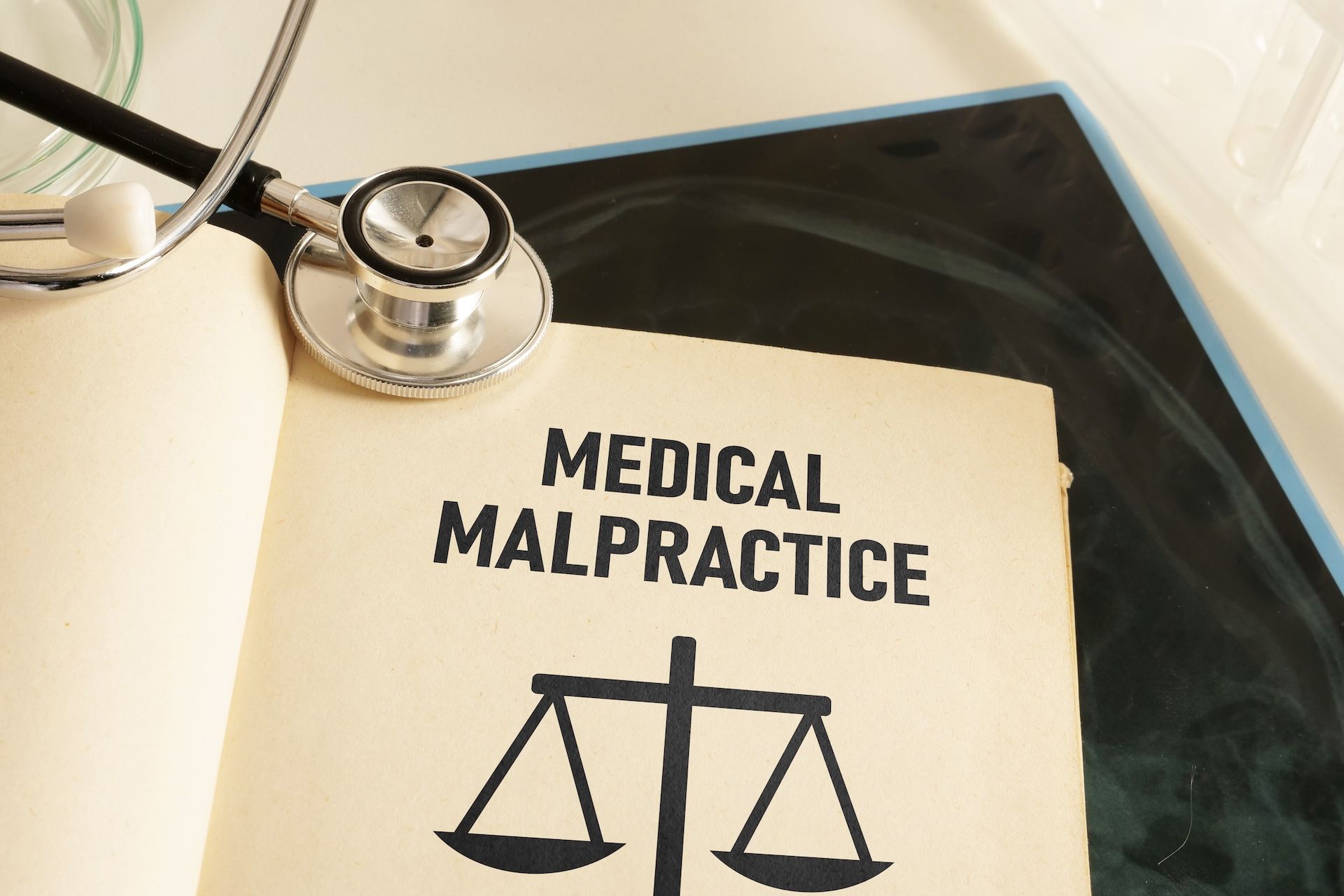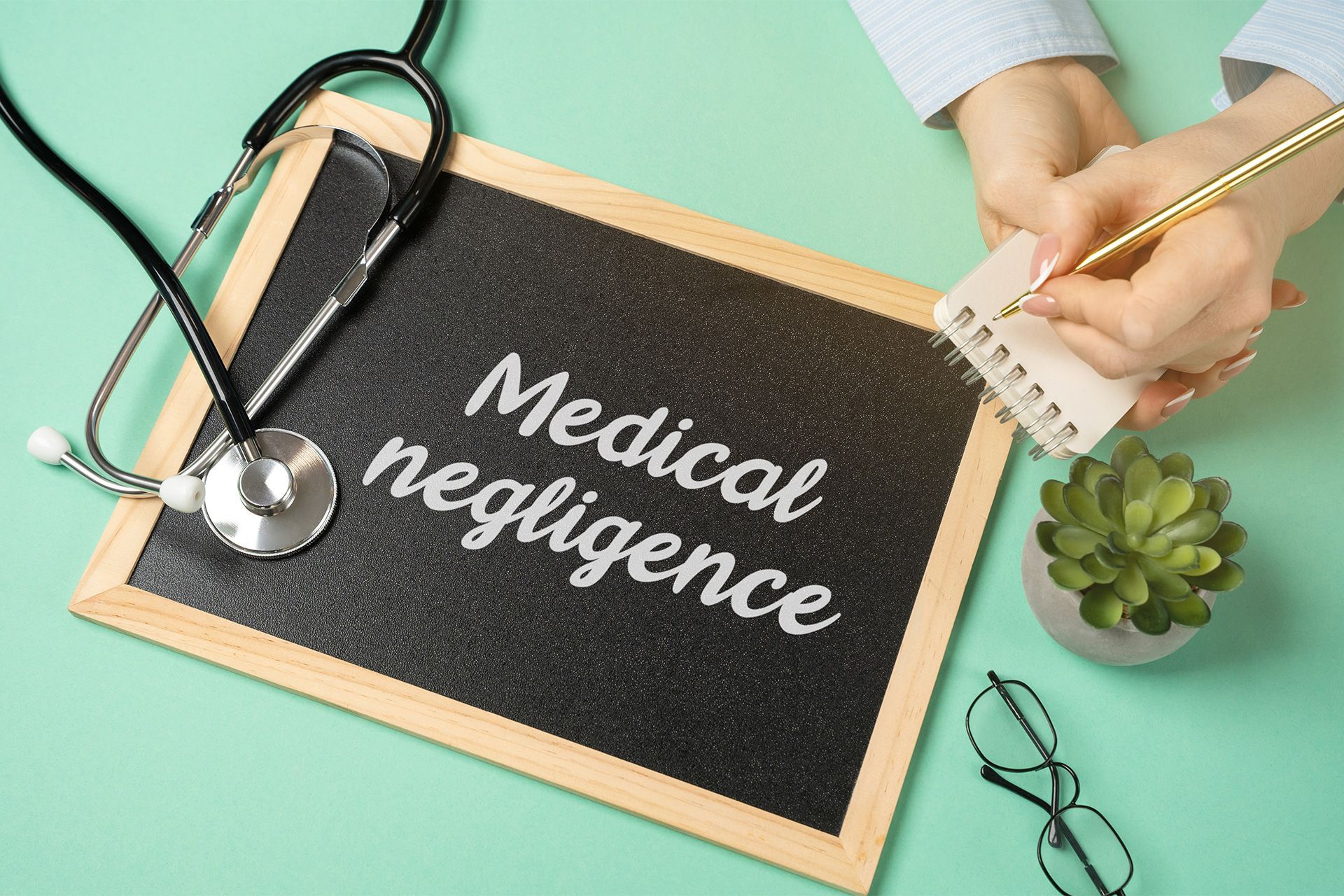Why Is Malpractice Important In Healthcare?
Medical negligence is a contentious and debated issue in the healthcare sector. While some see malpractice lawsuits as a burden for healthcare professionals, others argue that they are essential for enhancing safety and ensuring accountability among practitioners. In this guide, we will explore the significance of malpractice in healthcare, its impact on patient well-being, and how it fosters a culture of Responsibility and openness in the medical field.
The Significance of Medical Malpractice in Healthcare
1. Promoting Responsibility
Lawsuits related to malpractice hold healthcare providers accountable for their decisions and actions, fostering transparency and Responsibility within the healthcare system. When patients experience harm due to negligence or errors, malpractice cases offer them a way to seek justice and hold those responsible for their conduct accountable.
2. Enhancing Patient Safety
By shedding light on areas of concern and recognizing patterns of errors or negligence, medical malpractice lawsuits help pinpoint opportunities for enhancing patient safety protocols and procedures. Healthcare professionals can learn from missteps. Introduce changes to prevent similar incidents in the future, ultimately leading to safer and more efficient patient care.
3. Compensating Victims
In malpractice cases, compensation is provided to individuals harmed due to mistakes or negligence. This financial support can assist in covering bills, lost income, emotional distress, and other losses resulting from malpractice. Many patients and their families rely on this assistance to rebuild their lives and move forward following an incident.
4. Promoting Quality Enhancement
Medical malpractice lawsuits can prompt healthcare organizations to focus on improving quality standards. By addressing areas of concern and implementing changes to prevent mistakes, healthcare providers can enhance their quality of care and patient outcomes. Continuously evaluating and enhancing services is crucial for upholding top-notch patient care.
5. Building Trust and Transparency
Establishing transparency is critical in fostering trust between patients and healthcare providers. Handling malpractice claims appropriately showcases a dedication to openness and Responsibility in delivering healthcare services. By admitting errors, addressing worries, and taking proactive measures to avoid future mishaps, healthcare providers can gain the trust and faith of their patients.
6. Elevating Professional Expectations
Medical malpractice incidents often result in heightened scrutiny of norms and ethical conduct within the healthcare sector.
Healthcare professionals are advised to follow established protocols and best practices to reduce the likelihood of malpractice lawsuits and ensure that patients receive the care.
7. Fostering Innovation and Research
Healthcare institutions may invest in research and innovation to address malpractice-related challenges and develop technologies, treatments, and procedures that enhance patient safety and outcomes. The healthcare sector can advance knowledge by identifying areas needing improvement and investing in solutions. Improve the quality of care offered to patients.
8. Advocating for Patient Rights
Medical malpractice cases empower patients to stand up for their rights and hold healthcare providers accountable for their decisions. Patients deserve effective and compassionate care, with malpractice claims acting as a means of enforcing these standards while ensuring patients are treated with dignity.
The Influence of Medical Malpractice on Patient Safety
1. Recognizing Systemic Challenges
Medical malpractice cases often bring attention to issues within healthcare institutions that contribute to harm. These issues may include staffing levels, insufficient training, communication breakdowns, or failures in quality control processes. By addressing these root problems, healthcare providers can establish an environment for both patients and staff.
2. Introducing Preventative Practices
In response to claims of errors, healthcare institutions may take actions to lower the likelihood of similar incidents in the future. This could involve updating procedures, enhancing staff training, adopting technology, and improving communication between healthcare providers and patients.
3. Encouraging a Safety-Oriented Environment
Instances of errors can encourage a culture of safety within healthcare organizations by promoting communication, teamwork, and shared Responsibility for patient well-being. By fostering an environment where staff are voicing safety concerns and providing input on process enhancements, healthcare institutions can establish a safer and more supportive setting for both patients and caregivers.
4. Enhancing Patient-provider Interaction
Medical error cases often highlight the significance of communication between patients and healthcare professionals. By promoting conversations, listening, and collaborative decision-making, healthcare organizations can build trust and cooperation, which leads to improved patient outcomes and decreased chances of medical mistakes.
5. Empowering Patient Education
Medical error lawsuits can offer lessons for patients, empowering them to understand their health choices and advocate for their safety.
Raising awareness about mistakes, patient rights, and ways to prevent them through malpractice claims can empower patients to take a more active role in their healthcare experiences.
6. Bringing about Systemic Changes
Apart from dealing with malpractice, medical malpractice claims have the potential to bring about changes in the healthcare system. By pushing for policy reforms, legislative adjustments, and regulatory enhancements, stakeholders can collaborate to establish a more responsible healthcare environment for all patients.
In Conclusion, The Significance of Medical Malpractice in Healthcare
In summary, medical malpractice enhances safety, fosters accountability, and cultivates transparency within the healthcare sector. While malpractice claims may spark debate or conflict, they serve as a mechanism for pinpointing areas of concern, introducing initiatives to enhance quality, and ultimately improving patient care. By addressing challenges, implementing measures, and promoting a culture of safety, healthcare institutions can strive to reduce medical errors and ensure that patients receive top-notch care.
At Chakour Law, we recognize the importance of malpractice in healthcare. We are dedicated to advocating for patients suffering from medical negligence.
Our skilled lawyers focus on cases involving negligence. They are committed to supporting individuals in pursuing fairness and restitution for their harm. Get in touch with us now to discover how we can aid you in your medical malpractice case and safeguard your entitlements.
Disclaimer: The information on this website and blog is for general informational purposes only and is not professional advice. We make no guarantees of accuracy or completeness. We disclaim all liability for errors, omissions, or reliance on this content. Always consult a qualified professional for specific guidance.
RECENT POSTS






